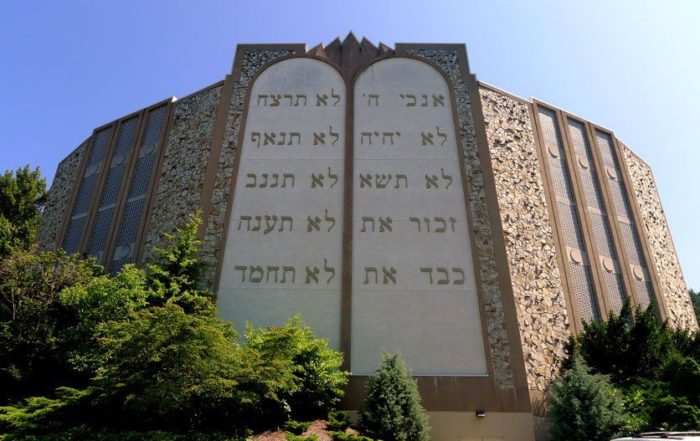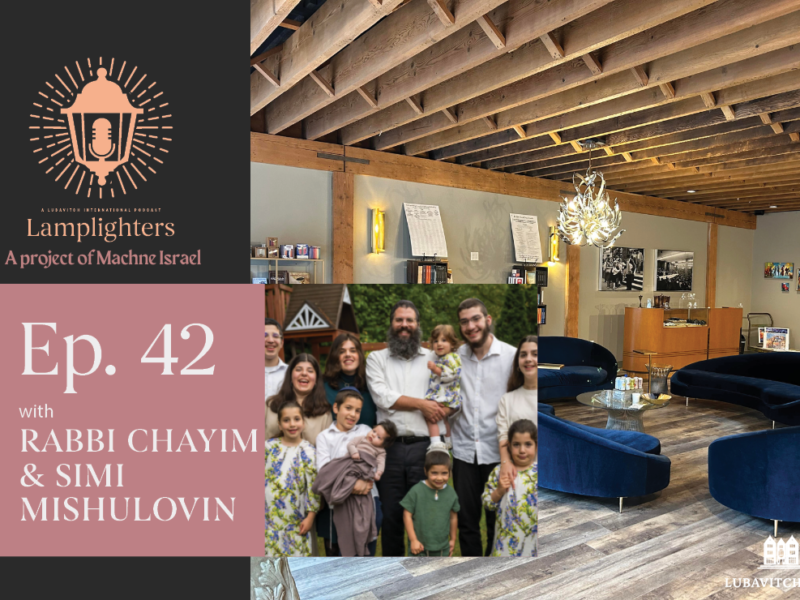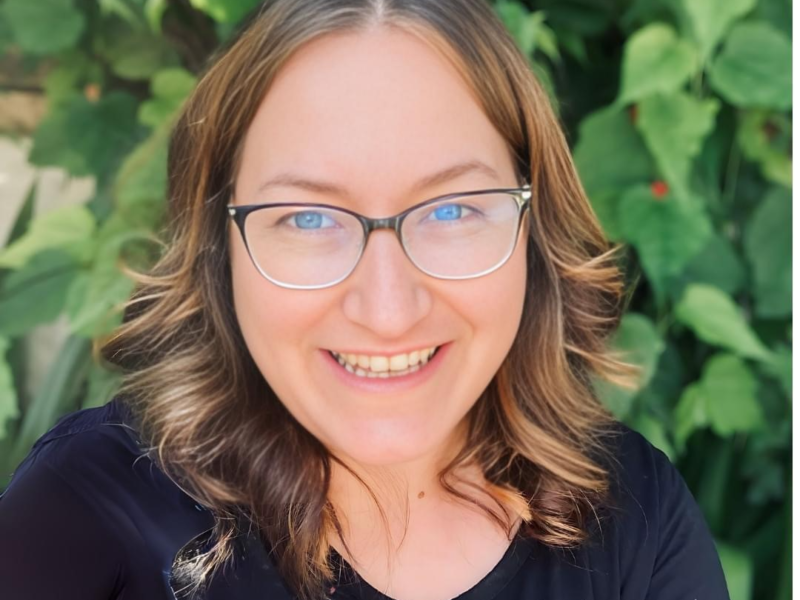
By Mel Berwin
In many ways, Congregation Neveh Shalom does not represent a typical Conservative synagogue. At a time when many congregations are losing members (studies show membership in Conservative synagogues fell by 21% in the past generation), CNS has a large and thriving membership, with more than 350 children in preschool and K-12 education programs.
As many congregations struggle with nontraditional populations in their membership, CNS has long welcomed gay and interfaith families – at least 10% of our families are interfaith or dual heritage.
Despite not being at the center of the hub of Conservative Judaism, however, CNS can’t be ignored on the map of the United Synagogue of Conservative Judaism; that was obvious at the USCJ convention held in Atlanta in December. CNS was represented by one of the largest teams of professional and lay leaders at the convention. Fred Rothstein, Daniela Meltzer, Rabbi David Kosak, Rabbi Eve Posen and Leah Conley attended as staff, and Jason Kaufman, Glen Coblens, Liza Milliner, Mark Kalenscher and Jennifer Kalenscher represented the CNS board.
The convention, called “Daring Together” aimed for attendees to “tackle big questions facing kehillot [communities] and leave inspired and empowered with new ideas, strategies and skills.” Two Neveh Shalom education professionals – Rabbi Eve Posen (assistant rabbi, formerly rabbi of education and youth) and Leah Conley (director of early childhood education) – led the workshop “Turning Barriers to Blessings.” While I wasn’t able to attend the conference, I helped plan the session, which represents the work we have done as an education team to bridge certain gaps and meet our congregational challenges in innovative ways.
Even as our congregation celebrates many successes, our education team has faced challenges. In a large congregation, we often feel that each smaller community operates in a “silo” and doesn’t get to know the other communities. For example, our ALIYAH kindergarten through sixth-graders, who attend education programs on Sunday mornings and weekday afternoons/evenings, don’t get to know older members of the congregation who primarily attend on Shabbat and holidays.
Six demographic groups use our small sanctuary at different times during the week, and the groups sometimes compete for a sense of identity in the space. These problems speak to a large, busy congregation with many demographic groups, but they invite frustrations and conflicts. As a team, Rabbi Posen, Leah Conley and I decided to find ways to turn barriers like these into blessings for our whole community. Our goal: to find creative ways to build greater appreciation and connection within our congregation.
At the USCJ, the CNS educators introduced these examples and facilitated a discussion. They modeled an approach that Leah created for staff meetings with her 29 Foundation School teachers to hear colleagues and offer advice. Each of the 40 workshop attendees were encouraged to consider the barriers and challenges in their congregations, and to offer ideas and advice to creatively approach these problems.
Reflecting on the session, Leah says, “It was striking to me that so many of the participants, representing congregations large and small from across the country, struggle with many of the same problems. Over and over, we heard about challenges around space, around conflicts between different demographic groups, and around how to be a place where old friends meet and yet new members are welcomed.” Rabbi Posen adds, “Our participants thanked us for modeling a system to actively listen and engage in the next part of the conversation. People told me it was a revelation to have a rabbi involved in the day-to-day conversations and logistical frustrations in the congregation. It’s important that the solutions come from staff across the spectrum of roles.” So how did we turn our own barriers to blessings in our own community? We created intergenerational programs so our school children interact with and share stories with older members of our congregation. Our second-graders share personal family narratives with Sisterhood and Men’s Club members in an annual program, and our seventh-graders interact with “mavens” from our community throughout the year.
As for the sanctuary space: last year our preschool “Shoreshim” group created a beautiful community Omer Calendar, so that each of the groups that use Zidell Chapel during the week participated in checking off the seven weeks of Omer between the holidays of Passover and Shavuot. These projects have, practically and symbolically, brought together the different groups.
The USCJ convention included classes on “disruptive innovation” and processes of transformation, encouraging congregations to find a programming niche. Rabbi Posen says she preferred a different take on innovation presented at the closing plenary. Rabbi Posen shares Rabbi Noa Kushner’s conclusion: “I don’t like the word innovation because it implies we need to create something new. I prefer translation because our job is to translate our beautiful and rich heritage into meaningful ideas and practices for our community, in today’s world.” Whether innovating or translating, we can strive to find blessings and create deeper connections from even the most mundane challenges we face on a daily basis.
Mel Berwin is director of congregational learning at Congregation Neveh Shalom in Portland.
.





